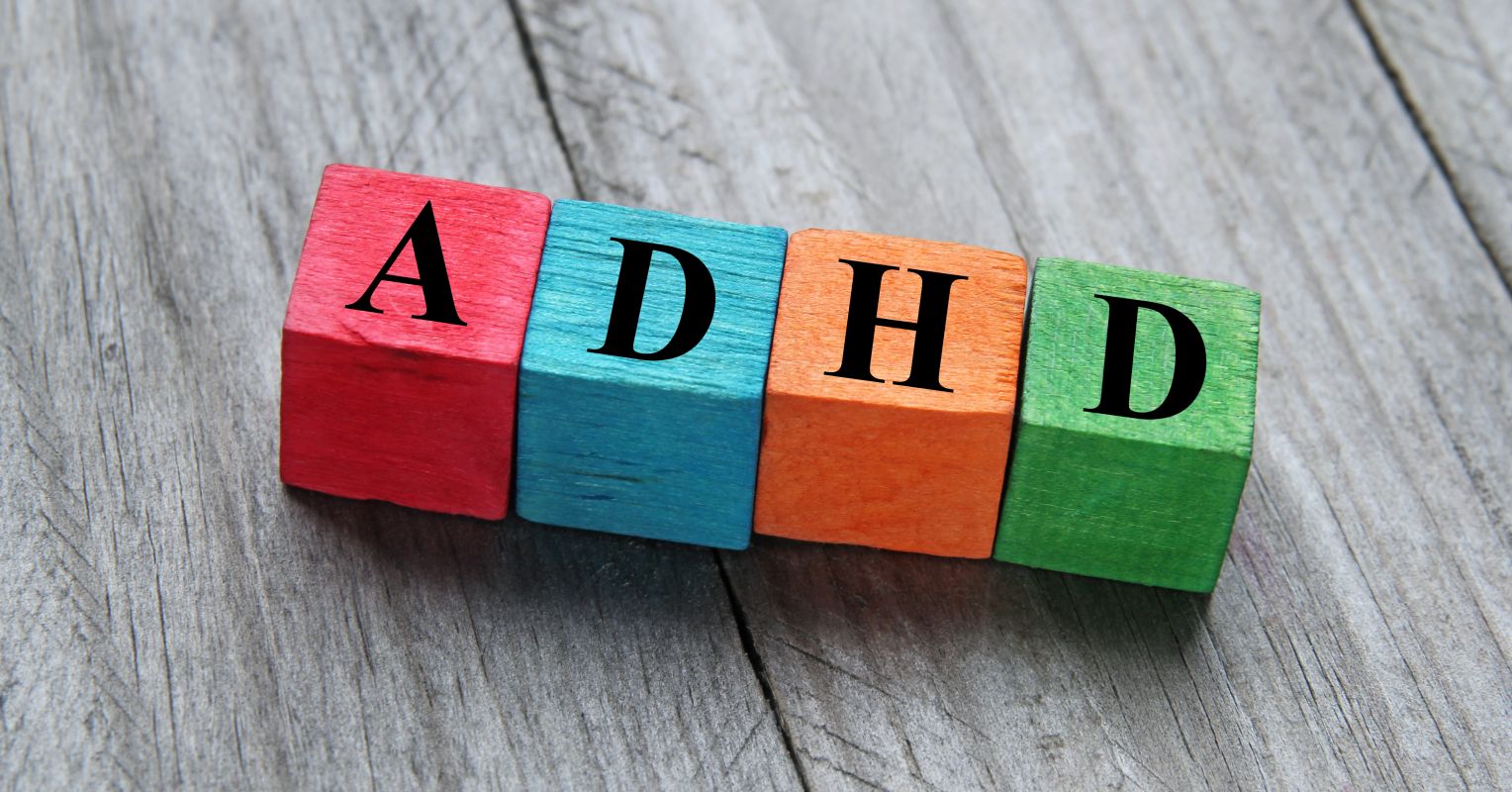
"ADHD brains seek stimulation rather than importance, causing individuals to prioritize low-value tasks to avoid the discomfort that comes with important but boring responsibilities."
"Engaging in unimportant activities can provide a false sense of accomplishment for those with ADHD, as the brain struggles to find motivation in routine tasks."
"According to research by Nora Volkow, adults with ADHD show reduced activity in areas of the brain linked to reward, requiring more stimulation to feel motivated."
"To make progress, individuals with ADHD must learn to choose discomfort over the easy dopamine-driven activities, addressing the emotional challenges tied to important tasks."
Individuals with ADHD often struggle to focus on important tasks, choosing instead to engage in low-priority activities that deliver quick satisfaction. This behavior is linked to lower dopamine levels in their brains, which makes it challenging to feel motivated by routine or essential tasks. Research has shown that adults with ADHD have reduced activity in the brain regions associated with reward. Consequently, they may feel guilty for procrastinating on significant duties and must learn to embrace discomfort to overcome the urge for immediate gratification.
Read at Psychology Today
Unable to calculate read time
Collection
[
|
...
]